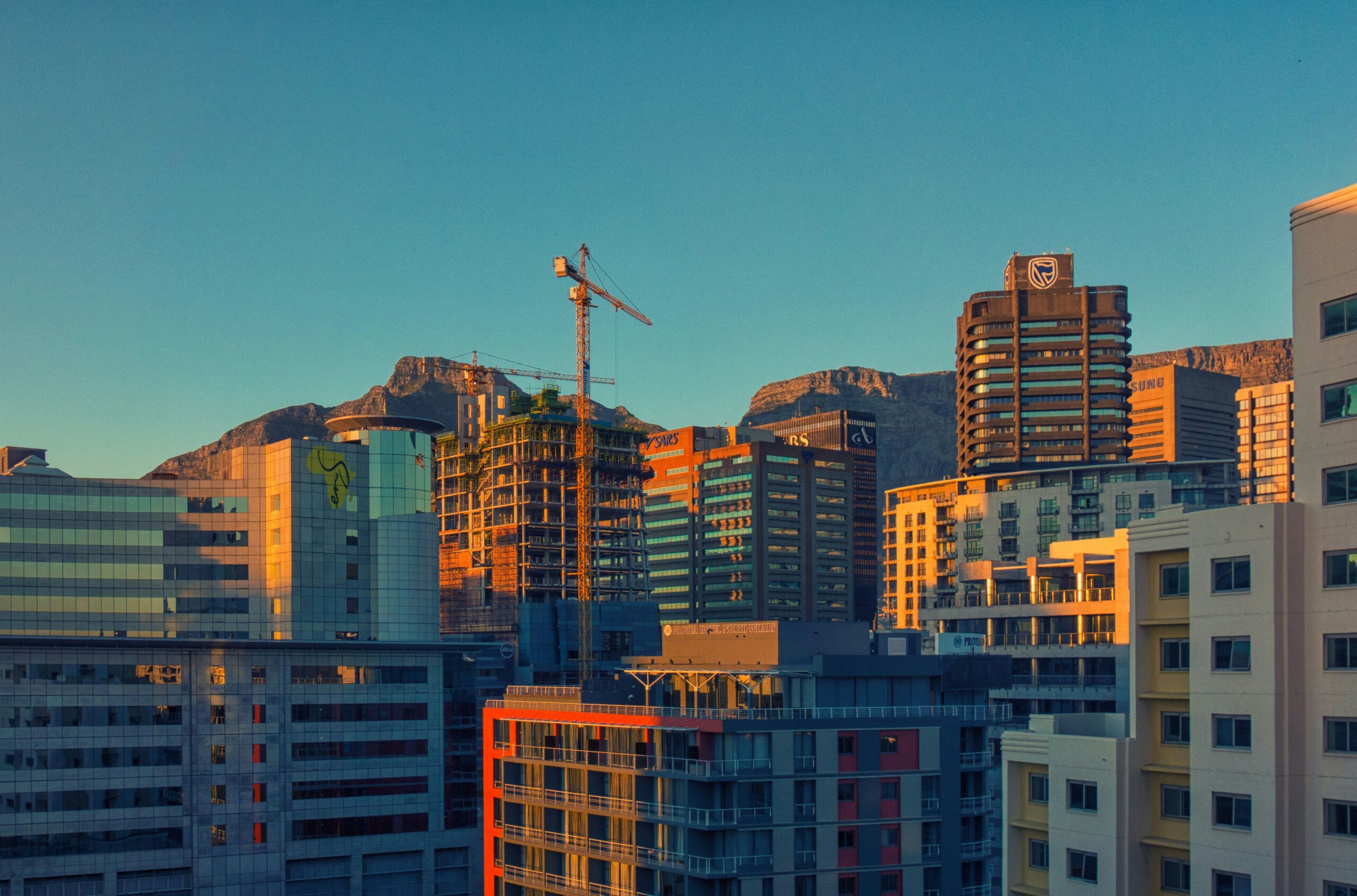
Urban development in Colorado is entering an exciting new phase. With a growing population, the state faces challenges and opportunities as it strives to balance economic growth, environmental sustainability, and livability. This transformation is reshaping the landscape in profound ways, impacting everything from housing to transportation to green spaces. In this article, we examine the future of urban development in Colorado and its impact on the state’s cities and towns.
The Growth of Colorado’s Urban Centers
Over the past few decades, Colorado’s urban centers have experienced a dramatic population surge. Cities like Denver, Boulder, and Colorado Springs are undergoing rapid expansion, bringing both excitement and challenges. The state’s unique appeal, with its thriving economy, scenic beauty, and outdoor lifestyle, attracts new residents from both within the United States and beyond.
As the population grows, there’s an increased demand for housing, infrastructure, and services. Urban planners are tasked with accommodating these needs without compromising the quality of life that residents cherish. To address these demands, Colorado cities are embracing innovative solutions, such as mixed-use developments, which combine residential, commercial, and recreational spaces into cohesive neighborhoods. This approach not only maximizes land use but also reduces the need for long commutes, contributing to sustainability efforts.
Sustainability and Environmental Considerations
One of the central concerns in Colorado’s urban development is environmental sustainability. The state is known for its stunning natural landscapes, and preserving these spaces while accommodating growth is a delicate balancing act. Urban sprawl, if left unchecked, can lead to the destruction of valuable ecosystems and the depletion of natural resources.
In response, urban developers are increasingly prioritizing green building practices and sustainable design. For example, many new buildings are being constructed with energy-efficient technologies, including solar panels, green roofs, and water recycling systems. Furthermore, there’s a growing focus on creating eco-friendly neighborhoods that promote walking, biking, and the use of public transportation, thus reducing the overall carbon footprint of urban areas. These initiatives reflect a broader trend in urban development nationwide, but Colorado’s commitment to sustainability is especially pronounced due to the state’s strong environmental values.
Technology’s Role in Shaping Urban Life
Technology is another driving force in the future of urban development. In Colorado, cities are adopting innovative city technologies that enhance the efficiency and livability of urban spaces. These technologies range from intelligent traffic management systems to sensors that monitor air quality and water usage.
By integrating these technologies, urban areas in Colorado can become more responsive to the needs of their residents. For instance, data collected from sensors can be used to optimize energy usage in buildings, thereby improving both environmental sustainability and cost efficiency. Similarly, intelligent transportation systems can help reduce congestion and improve mobility, making it easier for residents to navigate growing cities.
Additionally, the rise of remote work has influenced urban development trends. As more people work from home, there is less demand for large office buildings, and in turn, more opportunities for repurposing existing structures into residential or mixed-use spaces. This shift is particularly noticeable in Denver, where former office buildings are being transformed into apartments and community hubs, offering a fresh take on urban spaces.
Affordable Housing and Economic Equity
Despite the rapid growth in Colorado’s urban centers, the rising cost of living has become a significant challenge. Affordable housing is one of the most pressing issues facing residents. Particularly in cities like Denver, where housing prices have skyrocketed in recent years. This issue affects not only low-income residents but also middle-class families. Who are finding it increasingly difficult to afford homes in desirable locations.
To address this, local governments and developers are exploring various solutions. Such as the construction of affordable housing units and the implementation of rent control measures. Additionally, there is an emphasis on creating mixed-income communities where people of different economic backgrounds can live and thrive together. These efforts aim to foster economic equity and ensure that urban development benefits all residents, regardless of their financial status.
Moreover, urban development projects are being evaluated for their long-term economic impacts. Developers and city planners are working to ensure that new construction projects create jobs, promote economic diversity, and provide essential services to the community. This approach not only supports local economies but also ensures that urban growth is sustainable and beneficial to all residents.
Transportation and Infrastructure Overhaul
Another critical aspect of urban development in Colorado is the overhaul of transportation infrastructure. As metropolitan areas expand, the state’s existing transportation networks are becoming increasingly strained. Traffic congestion, long commutes, and outdated public transportation systems have become significant issues.
To tackle these challenges, Colorado is investing heavily in infrastructure upgrades. This includes expanding public transportation systems, improving roads, and creating pedestrian-friendly spaces. Additionally, the state is working to integrate electric vehicles (EVs) into the urban landscape. By building EV charging stations and encouraging the use of green transportation options.
The development of multi-modal transportation systems is also a priority. This approach integrates various modes of transportation, including buses, light rail, bike lanes, and pedestrian paths, into a unified system that enables easy and efficient travel throughout urban areas. As transportation becomes more accessible and sustainable, it’s expected that residents will rely less on cars, which will further reduce traffic congestion and air pollution.
As Colorado’s urban centers continue to grow and evolve, the future of urban development is being shaped by a combination of sustainability, technology, and innovative planning. The state is navigating the complexities of sustainable urbanization. Focus on creating livable, affordable, and environmentally conscious spaces for its residents. The challenges ahead are significant, but with forward-thinking solutions and a commitment to responsible growth. Colorado’s cities are poised to thrive in the years to come. Urban development is no longer just about building more structures. It’s about building smarter, more sustainable communities that enhance the lives of everyone who calls Colorado home.